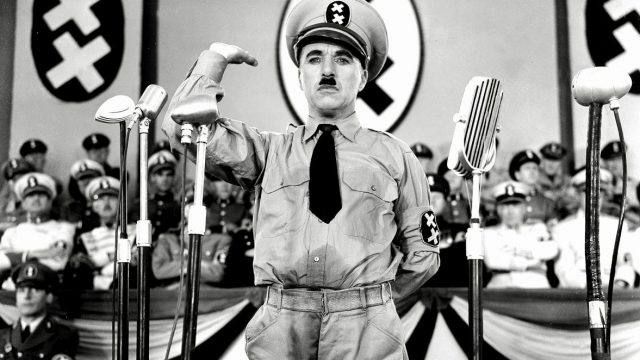I strongly suspect this article is going to be triggering for some people. This is the first paragraph, and I haven’t plotted it out in advance, but I do know what I’m going to be talking about and fully expect a lot of sensitive issues to at least be mentioned, so be aware of that as I start. Because what I’m definitely not quoting here is the reason I’m writing the article in the first place. This week, a now former NPR correspondent made an exceptionally ill-conceived reference to Last Tango in Paris in response to the death of Bernardo Bertolucci, one that even without context is appalling and simply bad. But with the additional context of what happened during the making of that movie, and particularly the scene in question, it’s no wonder he got fired over it.
I am not going to tell you that I’ve never heard a funny rape joke. I don’t remember hearing a funny rape joke, and it’s entirely possible that I heard what I thought was one at the time and my changing standards and awareness would mean that I wouldn’t find it now. I can’t say for sure. I know I’ve heard funny jokes on all sorts of other subjects, including the Holocaust. However, for the most part, you have to work harder at them. (I do know one that’s just a stupid pun, but it also avoids almost everything sensitive about the history in question.) The fact is, most jokes of this sort are just lazy, intending to use the shock of the reference to push past people’s defenses and force them to laugh in astonishment as much as anything else.
I mean, obviously, the first rule is to be aware of who the joke’s on. If your sympathy in a scene where a woman is being raped, and was being sexually assaulted on camera to make the scene what it was, is not with the woman, that’s going to be a problem with your joke. A Holocaust joke at the expense of the Nazis is just going to land better than a Holocaust joke at the expense of Jews or other victims. I’m not saying it’s impossible to make a joke the other way, I’m just saying that it’s going to be more difficult.
In point of fact, though, the first rule is “maybe don’t.” I’m not going to say that anything is or should be completely off-limits for comedy. Charlie Chaplin once said that, if he’d know the true horrors of Nazi Germany, he never would’ve made The Great Dictator. But that film very deliberately skewers the dictators, showing that they themselves are ridiculous, even if what they do to the world is not. I’m not sure it’s possible to think of Hitler for any length of time in the modern day without eventually imagining him dancing with the balloon globe as Hynkel. There’s a lovely line in Thrones, Dominations, that I assume was written by Jill Paton Walsh and not Dorothy L. Sayers, about the Dowager Duchess wondering why the Germans don’t laugh at Hitler when they see it. “Suppose it isn’t funny, really,” she concludes.
But it is, and it must be. We laugh; we have to laugh. We laugh to take the edge off the horrors. But if we are making others laugh at the horrors, we have to really think about them. And the jokes. And why we’re laughing, and who we’re laughing at. If you have a point to make, make your joke. Certainly I’m never going to tell you that anything is impossible to make funny. What I am going to tell you is that you need to be aware of the consequences if your joke fails to land, and your response probably shouldn’t be “they just need to lighten up,” since it’s entirely likely you did it wrong.
Want more Hot Takes like this? Consider supporting my Patreon!

